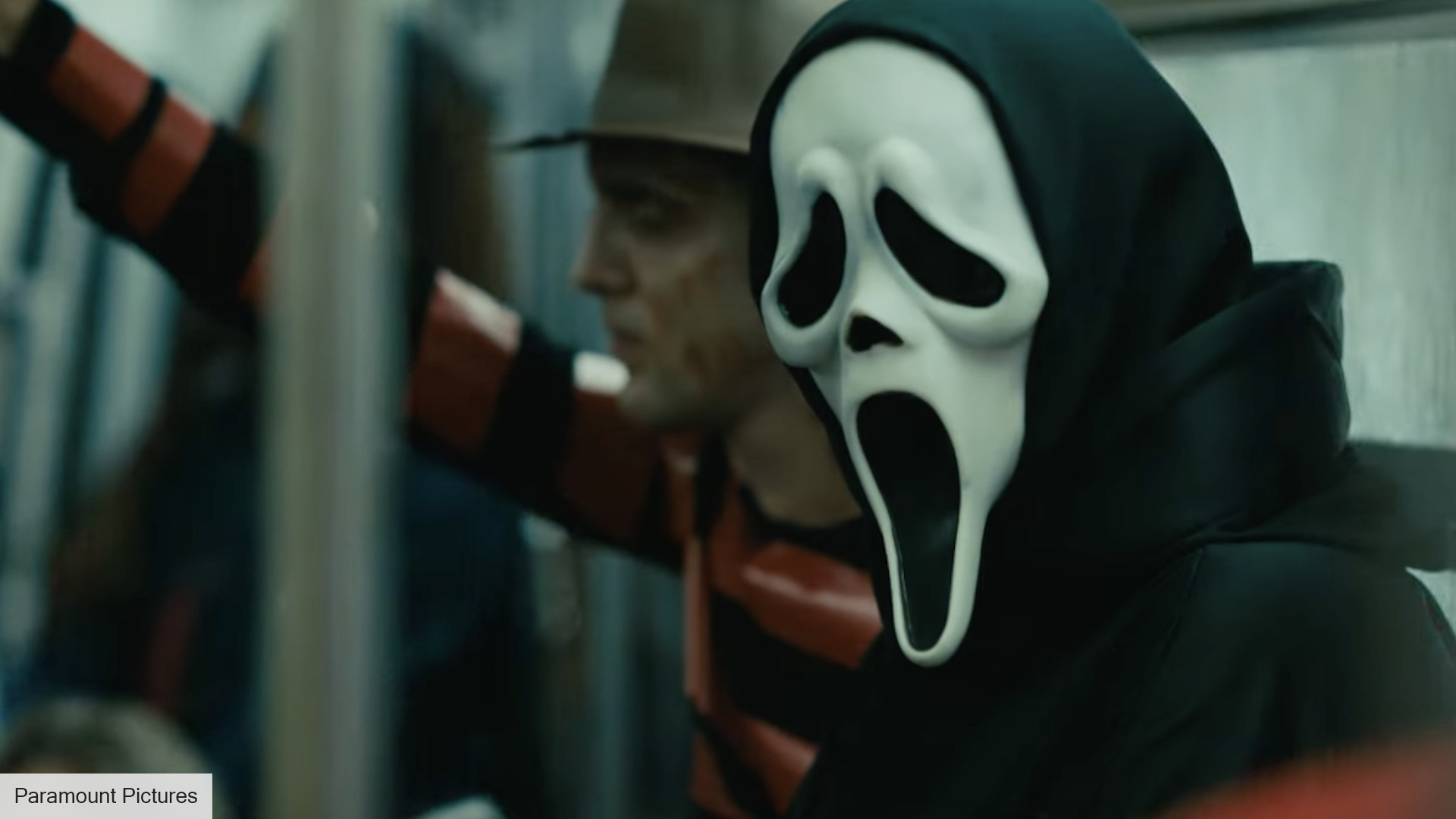The concept of "the killer" has fascinated audiences for decades, transcending the boundaries of literature, film, and real-life criminal investigations. The term invokes a sense of intrigue and horror, compelling us to delve deeper into the minds of individuals who commit such heinous acts. Whether it is a fictional character brought to life on screen or a notorious figure from history, the narratives surrounding "the killer" often reveal profound psychological complexities and societal implications.
In popular culture, "the killer" is often portrayed as a remorseless villain, yet this simplistic view fails to capture the multi-faceted nature of such individuals. The motivations behind their actions are frequently steeped in trauma, mental illness, or societal rejection, prompting us to question the very essence of good and evil. By examining these narratives, we can gain insight into the factors that contribute to an individual's transformation into "the killer," enabling us to understand rather than just condemn.
Furthermore, the portrayal of "the killer" in media often reflects our collective fears and moral dilemmas, challenging the boundaries of empathy and justice. As we dissect the stories surrounding these figures, we uncover layers of complexity that prompt us to confront uncomfortable truths about humanity. In this article, we will explore various dimensions of "the killer," including notable figures, their biographies, and the cultural significance behind their actions.
Who is The Killer? A Brief Biography
The term "the killer" embodies various individuals across different contexts, from fictional villains to real-life criminals. One notable figure often associated with this term is Charles Manson, who orchestrated a series of gruesome murders in the late 1960s. Understanding Manson's life and the events that led to his notoriety can provide a chilling glimpse into the mind of "the killer."
| Detail | Information |
|---|---|
| Name | Charles Manson |
| Birthdate | November 12, 1934 |
| Birthplace | Cincinnati, Ohio, USA |
| Crimes | Conspiracy to commit murder, murder |
| Notable Events | Helter Skelter murders (1969) |
| Death | November 19, 2017 |
What Makes Someone a Killer?
Understanding the psychology behind "the killer" often leads to more questions than answers. What drives a person to commit acts of violence? Are there common traits among those labeled as killers? Research suggests that a combination of genetic predisposition, environmental factors, and psychological issues can contribute to a person's likelihood of becoming a killer.
Are There Warning Signs of a Killer?
Identifying potential "killers" before they act is a daunting task. However, certain behavioral patterns and warning signs have been noted by experts:
- History of violence or aggression
- Substance abuse issues
- Social isolation
- Expressions of extreme anger or vindictiveness
- Fascination with weapons or violence
How Does Society Perceive The Killer?
The societal perception of "the killer" is often shaped by media portrayals, sensationalized reporting, and cultural narratives. These portrayals can lead to stigmatization, fear, and misunderstanding. On one hand, the public tends to demonize killers, reducing them to mere monsters without recognizing the complexities of their backgrounds. On the other hand, some narratives explore the societal failures that contribute to their violent actions, prompting discussions about mental health, poverty, and systemic issues.
What Are Some Famous Killers in History?
Throughout history, numerous individuals have been labeled as "the killer," each with their unique stories and motivations. Some of the most notorious include:
- Jack the Ripper - An unidentified serial killer who terrorized London in the late 1800s, leaving a mark on criminal history.
- Ed Gein - Known as the "Butcher of Plainfield," Gein's gruesome acts inspired multiple horror films.
- Jeffrey Dahmer - A notorious serial killer and sex offender responsible for the deaths of 17 young men and boys in the late 20th century.
- Anders Breivik - The perpetrator of the 2011 Norway attacks, which resulted in the deaths of 77 people.
What Is the Impact of The Killer on Culture?
The concept of "the killer" has had a profound impact on popular culture, influencing literature, film, and art. From classic horror films to true crime documentaries, the fascination with killers continues to captivate audiences. This cultural obsession serves as both entertainment and a means to confront our fears about violence and morality.
How Can Society Address the Issue of Killers?
Addressing the phenomenon of "the killer" requires a multifaceted approach, including:
- Improved mental health resources
- Public awareness campaigns about warning signs and prevention
- Community support systems to address social isolation
- Education on conflict resolution and emotional intelligence
In conclusion, the exploration of "the killer" is a complex and often disturbing journey into the darker aspects of human behavior. By understanding the psychological, social, and cultural dimensions surrounding these individuals, we can work towards preventing violence and fostering a more empathetic society. The narratives of "the killer" challenge us to confront our own beliefs about morality, justice, and the human condition, ultimately leading to a deeper understanding of ourselves and the world we inhabit.




